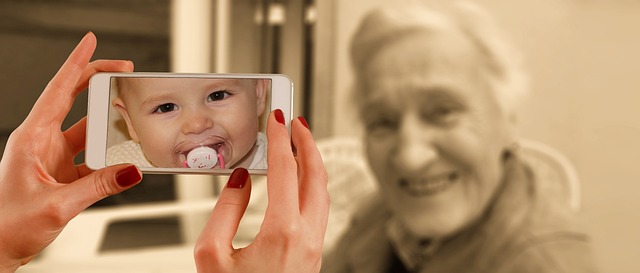Exploring the Intersection of Religion and Philosophy: A Morality Perspective
The interplay between philosophy and religion has long been a fertile ground for exploration, especially concerning morality. Both fields grapple with the foundational questions of what it means to live a good life, what our ethical obligations are, and what role a higher power may play in our moral decisions. This connection between philosophy and religion provides a rich tapestry for individuals seeking to understand the profound implications of their beliefs on their moral conduct.
At the core of any moral philosophy lies the question of how we determine right from wrong. Religious doctrines often offer defined ethical systems that guide the faithful. For instance, the Ten Commandments in Christianity, the Five Precepts in Buddhism, and the teachings of the Quran provide members with moral frameworks, suggesting that adherence to these principles leads to a virtuous life. Yet, when viewed through the lens of philosophy, one must ask: can morality exist independently of religious belief?
Philosophers like Immanuel Kant argued for a moral law derived from rational thought rather than divine command. His categorical imperative emphasizes that ethical actions are those that can be universally applied, a principle that can challenge or harmonize with scriptural teachings. This raises an important dialogue about whether moral truths are innate in human reason or whether they are dictated by religious authority.
In contrast, existentialist thinkers such as Jean-Paul Sartre posit that we are condemned to choose, creating our own essence and moral values without predetermined scripts provided by religion. This perspective empowers individuals to navigate their moral landscape, affirming that morality can be a personal journey of authenticity rather than mere compliance with religious edicts.
Moreover, the realm of philosophy encourages a critical examination of one’s beliefs. The Socratic method, with its emphasis on questioning and dialogue, allows individuals to unravel their moral convictions and explore the intersections of their faith with rational inquiry. It highlights the importance of self-reflection in ethical decision-making, urging individuals to not merely inherit morality from religious traditions but to critically engage and understand those traditions.
The moral implications of this relationship can be vividly illustrated through various ethical dilemmas, such as the conflict between loyalty to religious doctrine and personal conscience. Consider the case of a person who feels barred by their faith from supporting certain social changes that they, through reason, have come to see as just. This tension between religious teachings and philosophical ethics creates a rich area for exploration in the study of morality.
Ultimately, the dialogue between religion and philosophy encourages individuals to seek a balance between faith and reason. These discussions help shape a robust moral framework for living in a complex world marked by diverse beliefs and values. Engaging with both perspectives allows one to cultivate a more nuanced understanding of morality that respects personal convictions while remaining open to philosophical exploration.




